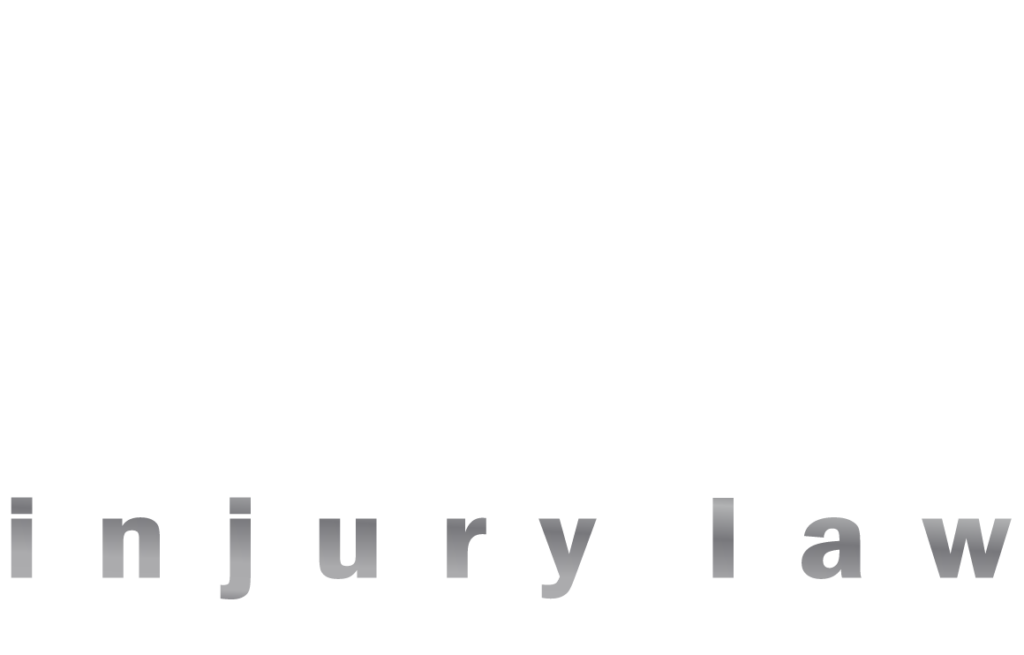If you’ve been injured in an accident in Nevada, you may have heard the term “subrogation.” It’s a complex concept with a simple goal: to prevent “double recovery,” meaning you can’t be paid twice for the same injury.
But while subrogation protects insurance companies from overpaying, it can also reduce your take-home settlement if not handled correctly. Understanding how it works under Nevada law helps you protect what’s rightfully yours.

What Subrogation Means in Nevada
Subrogation is the legal process that allows an insurer to “step into your shoes” after paying your claim and recover that money from the person or company that caused your injury.
For example:
You’re injured in a crash, and your insurer pays $10,000 in medical bills. When you later receive a settlement from the at-fault driver’s insurer, your insurance company may seek reimbursement for that $10,000.
Nevada law allows insurers to include subrogation clauses in their policies, but several state doctrines and statutes limit when and how those rights apply. Without understanding these limits, you could end up with less of your settlement than you deserve. Emphasizing the need for a skilled personal injury attorney.
Nevada Protections Against Excessive Auto Insurance Subrogation
The Made Whole Doctrine
Under Nevada’s Made Whole Doctrine, you must be fully compensated for your losses before any insurer can claim part of your settlement. If your payout doesn’t cover all your damages (like medical bills, lost wages, or pain and suffering) the insurer generally can’t demand reimbursement.
MedPay Coverage
Nevada also protects drivers with Medical Payments (MedPay) coverage. Even if your MedPay benefits cover accident-related medical bills, your insurer cannot recover those funds from your personal injury settlement. MedPay is designed to be truly “no-strings-attached” protection for medical expenses.
Together, these rules ensure your recovery, not the interest of the insurance company, comes first.

Workers’ Compensation Subrogation After the 2024 AmTrust Decision
In September 2024, the Nevada Supreme Court issued a landmark ruling in AmTrust North America, Inc. v. Vasquez that fundamentally changed workers’ compensation subrogation in the state.
The Court:
- Overruled the long-standing Breen v. Caesars Palace (1986) and Poremba v. Southern Nevada Paving (2017) decisions,
- Abandoned the Breen Formula, a now-overturned method for allocating subrogation costs, calling it unworkable,
- Confirmed that carriers no longer have to share an injured worker’s attorney fees or litigation costs, and
- Expanded lien rights to include all elements of a third-party recovery, both economic and noneconomic damages such as pain and suffering.
The Court adopted a “straightforward lien analysis”, a workers’ compensation carrier’s lien now attached to the total proceeds of any third-party recovery. Because the opinion interprets the existing statute (NRS 616C.215(5)), it applies retroactively and is effective immediately.
What This Means for Injured Workers
The decision significantly strengthens insurers’ reimbursement rights and can reduce how much of a third-party settlement an injured employee keeps. Early legal guidance is critical. An experienced attorney can review lien calculations, negotiate reductions, and protect your right to full compensation.
Subrogation in Medical and Health-Care Cases
Subrogation laws work differently in the medical context.

Medicaid Subrogation (NRS 422.293001)
If Medicaid paid for your treatment after an accident, you or your attorney must notify the Nevada Department of Health and Human Services before settling. Medicaid’s right to reimbursement is paused until the Department receives written notice, ensuring both compliance and fairness during settlement.
Medical Malpractice (NRS 42.021)
In malpractice suits against doctors, hospitals, or other licensed providers, defendants can show evidence of benefits you’ve received; such as Social Security or workers’ compensation payments. However, those sources cannot recover money from your award and cannot be subrogated to your rights against the provider.
If you win a malpractice case, your health insurer can’t claim a portion of your settlement, safeguarding your compensation for future care and recovery.
Equitable Subrogation: What’s Changing in Nevada
Nevada’s subrogation laws continue to evolve through new court decisions, making it essential to work with an attorney who stays current on changes that could affect your case.
How a Personal Injury Attorney Protects Your Settlement
Subrogation laws are complex, and every injury case is different. Because the rules vary between car accidents, medical malpractice, and workers’ compensation claims, an experienced attorney can:
- Identify and negotiate subrogation liens to reduce or eliminate repayment;
- Ensure Made Whole protections apply so you receive full compensation before insurers are repaid;
- Handle Medicaid and health-insurer communications to stay compliant; and
- Strategically structure settlements to minimize subrogation exposure.
The earlier you seek help, the better your chance of keeping your recovery where it belongs—with you.
Don’t Let Subrogation Reduce Your Recovery
Insurance companies have lawyers protecting their interests—you deserve the same.
At Hale Injury Law, our experienced attorneys understand Nevada’s complex subrogation system and how to defend your right to every dollar of your recovery.
Contact Hale Injury Law today for a free consultation. Let our team work to protect your settlement, and your future.
